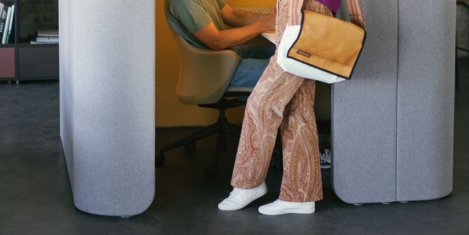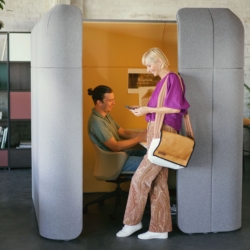October 22, 2013
Just one in eight employees worldwide are engaged at work
 There are so many references these days to employee engagement it can be tempting to see it as management speak. However, according to Gallup’s 142-country study on the State of the Global Workplace, the 24 per cent of “actively disengaged,” employees worldwide who are not psychologically committed to their jobs are unhappy and unproductive at work and liable to spread negativity to co-workers. It found only 13 per cent of employees worldwide are engaged at work, with the majority of employees (63%) “not engaged,” meaning they lack motivation and are less likely to invest discretionary effort in organizational goals or outcomes. In rough numbers, this translates into 900 million not engaged and 340 million actively disengaged workers around the globe. (more…)
There are so many references these days to employee engagement it can be tempting to see it as management speak. However, according to Gallup’s 142-country study on the State of the Global Workplace, the 24 per cent of “actively disengaged,” employees worldwide who are not psychologically committed to their jobs are unhappy and unproductive at work and liable to spread negativity to co-workers. It found only 13 per cent of employees worldwide are engaged at work, with the majority of employees (63%) “not engaged,” meaning they lack motivation and are less likely to invest discretionary effort in organizational goals or outcomes. In rough numbers, this translates into 900 million not engaged and 340 million actively disengaged workers around the globe. (more…)



























March 15, 2013
Where flexible working employees really want to work? Starbucks.
by Mark Eltringham • Comment, Facilities management, Technology, Workplace
(more…)